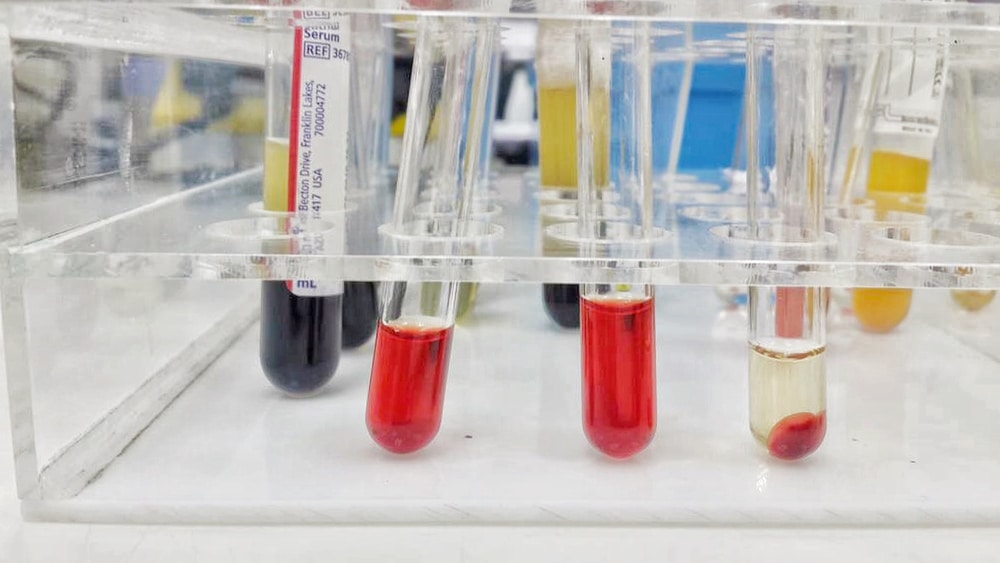Newsletter Signup - Under Article / In Page
"*" indicates required fields
Kira Pharmaceuticals says the Chinese National Medical Products Administration (NMPA) has cleared the investigational new drug (IND) application for evaluation of KP104.
KP104 is a first-in-class bifunctional biologic that selectively targets the alternative and terminal complement pathways, in paroxysmal nocturnal hemoglobinuria (PNH).
This approval enables Phase 2 study of the efficacy, safety, tolerability, pharmacokinetics (PK), and pharmacodynamics (PD) of KP104 in participants with PNH in China.
“This clearance represents an important milestone for Kira in our advancement of lead asset, KP104, as a next-generation treatment for complement-mediated diseases like PNH. KP104 has been engineered to simultaneously block two key complement targets, an approach we believe will make it a groundbreaking therapeutic option for patients awaiting more effective treatments to address their conditions,” said Angela Yan, president for China & Asia development and operations of Kira Pharmaceuticals.
Paroxysmal nocturnal hemoglobinuria
PNH is a rare, life-threatening blood disease in which aberrant red blood cells are produced and recognized as foreign entities within the body, resulting in hyperactivation of the complement system and destruction of red blood cells.
PNH affects between one and five people per million and is almost always caused by a genetic mutation that results in production of aberrant hematopoietic stem cells.
Patients with PNH may also experience anemia, blood clots, and impairments to bone marrow function. Current complement targeted treatments for PNH operate via inhibition of single complement proteins.
While these drugs have resulted in reductions in hemolysis, recent studies suggest that treatments that inhibit both the alternative and terminal complement pathways may offer further improvements in patient outcomes.
About KP104
KP104 is a biologic that simultaneously blocks the alternative and terminal complement pathways by virtue of its bifunctional design. Phase 1 data from the SYNERGY-1 first-in-human (FIH) study of KP104 demonstrated clinical proof-of-mechanism for the biologic, which received orphan drug designation for treatment PNH from the US Food and Drug Administration (FDA) earlier this year. Kira will present full data from the completed phase 1 trial at 2022 American Society of Nephrology annual meeting later this year.
KP104 has a formulation suitable for both intravenous and subcutaneous administrations. KP104 is entering Phase 2 POC trials across multiple renal disease and hematologic indications. Phase 2 trials will be conducted globally, including in the U.S., China, Australia, and South Korea. KP104 is an investigational agent not yet approved for any indication by any health authority.






